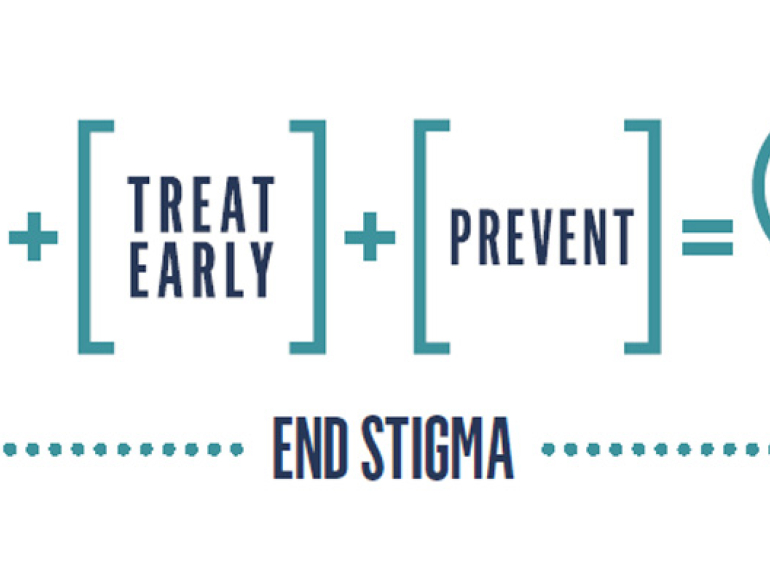The Kirby Institute welcomes today’s launch of the NSW HIV Strategy 2021-2025 by NSW Health. The strategy sets out a series of targets and pathways towards achieving virtual elimination of HIV transmission in NSW, aiming to reduce preventable HIV infections in NSW by 90 per cent.
Researchers from the Kirby Institute’s NSW HIV Prevention Partnership Project provided data and analysis on trends in HIV and HIV prevention indicators to NSW Health to inform the consultation process for the new Strategy, and for the final Strategy. Strong partnerships between government, researchers, clinicians and the community have been critical to NSW’s world-leading response to HIV since the 1980s.
“NSW have been leaders in Australia, and the world, in our HIV response, and that is thanks in large part to the scale-up of and access to essential prevention tools like PrEP, as well as testing and treatments for HIV, facilitated by multi-sector and community partnership and collaboration,” says Phillip Keen, who coordinates the NSW HIV Prevention Partnership Project.
HIV diagnoses decreased by 19 per cent in NSW residents over the five years 2015–2019, and by an impressive 25 per cent among men who have sex with men (MSM). Larger declines were seen among sub-populations of MSM, such as Australian-born men who are well-connected to gay communities, who benefited from targeted HIV prevention strategies. But whilst the new Strategy builds upon the strong momentum of previous strategies, it also identifies the ongoing stigma experienced across many communities impacted by HIV, and the barriers to progress this presents. “Along with embracing biomedical interventions to prevent HIV transmission, addressing the stigma experienced by many at-risk sub-populations across the state will be imperative to ensuring equitable access to the range of HIV prevention tools available, as well as testing and treatment,” says Mr Keen.
The Kirby Institute is working with the NSW Ministry of Health on the implementation of the new Strategy and the development of a monitoring and evaluation framework. Professor Andrew Grulich, who leads the NSW HIV Prevention Partnership Project, says that continued partnership between government, researchers, clinicians and the HIV-affected community will be critical to making continued inroads towards virtual elimination of HIV transmission. “This is an ambitious Strategy, but if we are able to effectively address each of its targets, especially with respect to enhanced access to HIV testing and HIV prevention among gay and bisexual men, NSW is on a path to meeting both UNAIDS’ 95-95-95 targets, and the NSW goal of a 90 per cent reduction in preventable infections,” says Professor Grulich.
